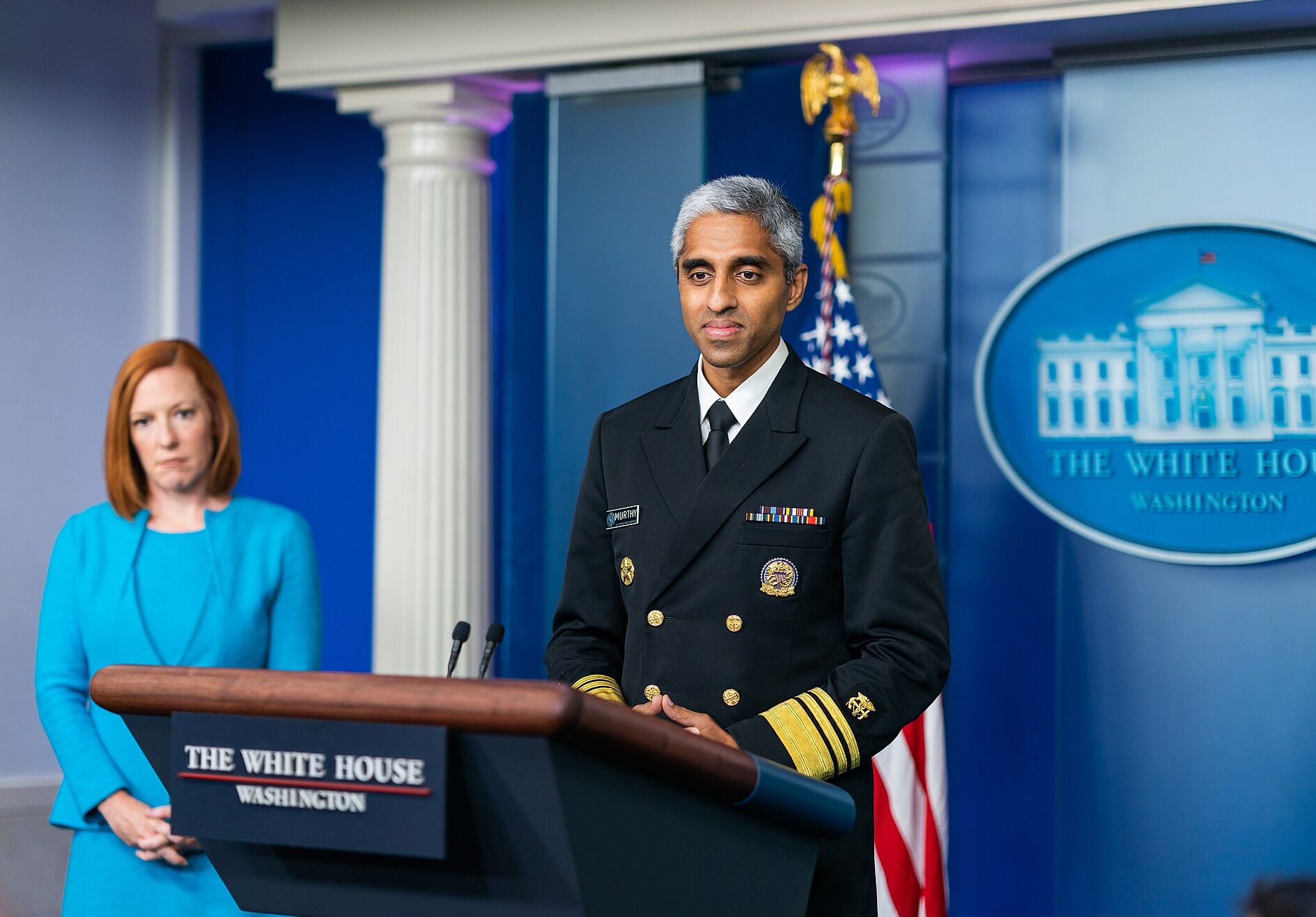Over the past two weeks, the U.S. Surgeon General Vivek Murthy made two bold moves: advocating for warning labels on social media platforms and declaring gun violence a public health crisis. He argues that emergencies require quick action, even with imperfect information, and criticizes the failure to respond effectively to major societal harms. In both cases, Murthy cited past successes like seatbelts and airbags to emphasize a need for urgent action.
While guns and social media are political lightning rods, though, an equally critical public health crisis lurks unnoticed: the more than 42,000 annual deaths from car crashes. And that, unfortunately, has yet to rank among the Surgeon General’s official priorities.
In the last five years for which federal data is available, traffic violence has killed more than 206,000 people. That’s nearly as many as gun violence, which claimed more than 220,000 lives over the same period.
And both crises are accelerating. Despite advances in vehicle safety, crash prevention efforts are failing, with traffic deaths increasing in the U.S. even as they decline in most developed nations. From 2011 to 2023, motor vehicle deaths rose by over 33 percent — and pedestrian deaths surged by 77 percent.
Though road fatalities vastly outnumber the death toll of many other high-profile incidents like plane crashes, they occur at a slow but steady trickle throughout the year, making them too common to attract attention. Worse, trends indicate that past prevention strategies are ineffective —and the crisis is mutating faster than we can tackle it.
Is it time to treat traffic violence with the urgency of the public health crisis it is? How can this be done?
The Surgeon General should first recognize that the epidemic of U.S. traffic deaths is unique among our peer nations, and it can be reversed. He needs to highlight the need for systemic change in U.S. policies for both public health and transportation. He should reject the current urban transport model, which views traffic deaths as accidents, endangers lives, and strains our shared natural and economic resources.
By focusing on things like seatbelts and airbags an action the Surgeon General refers to as a success, we risk failing to recognize a broader systemic problem — and the mindsets that accompany it — which is the true growing emergency.
For example, the Surgeon General should push for full crash scene investigations to identify engineering causes rather than blaming drivers or pedestrians. He can highlight how past practices — such as building pedestrian overpasses rather than slowing down the dangerous roads these bridges span, or removing street trees to save driver’s lives in road departure crashes with no regard for the pedestrians they might hit instead — fail to counter rising road deaths, and often makes the problem worse. Further actions should include redesigning roads for lower speeds and safer sharing with pedestrians, cyclists, and smaller cars.
Effective action would help instill new mindsets based on bold measures, avoiding terms like “car-accident-related deaths,” and recognizing these incidents are both systemic and avoidable.
Learning from global frameworks, we can also adopt effective safety measures that address socioeconomic factors and the built environment, like understanding how effective street design can act as a remedy for racial disparities in traffic deaths, access to opportunity, and more. Social media campaigns can remind drivers of road dangers and promote safety without implying liability. Above all, if Surgeon General reframes traffic violence as a public health crisis, it would help unleash new thinking on the matter, foster a sense of urgency, and drive the reform so desperately overdue.
To change the way we talk and think about traffic violence, it is necessary to overcome the entrenched rules, regulations, and design guidelines of our streets. Reform is possible by prioritizing innovative actions and strategically addressing resistance.
The urgency of the traffic death crisis demands immediate action. By redirecting and supporting a Surgeon General’s recognition of this matter, we can create safer, more livable communities and save American lives.
The post Opinion: America’s Traffic Death Epidemic is a Public Health Emergency. The Surgeon General Should Treat It Like One. appeared first on Streetsblog California.






